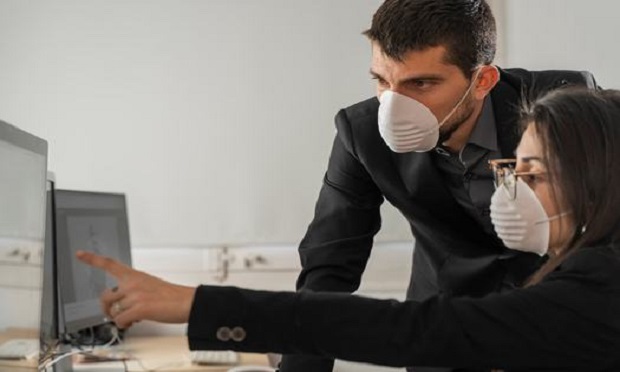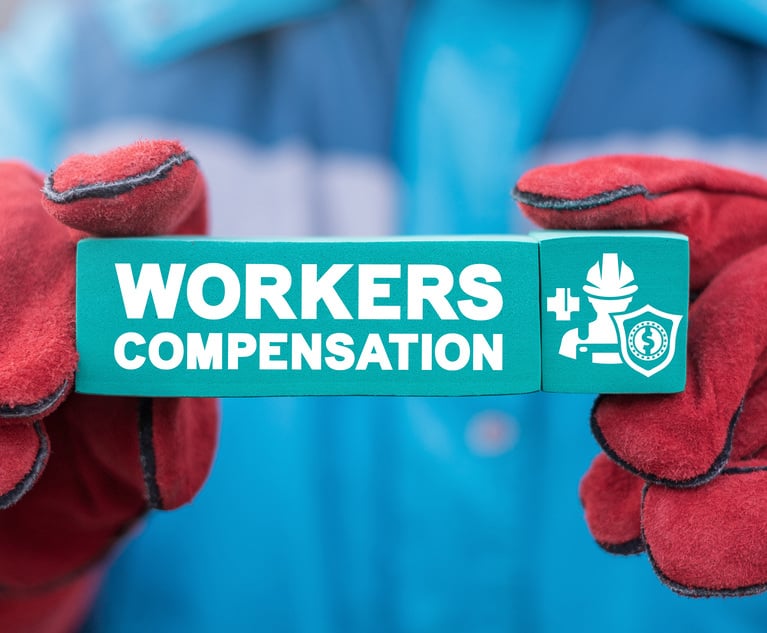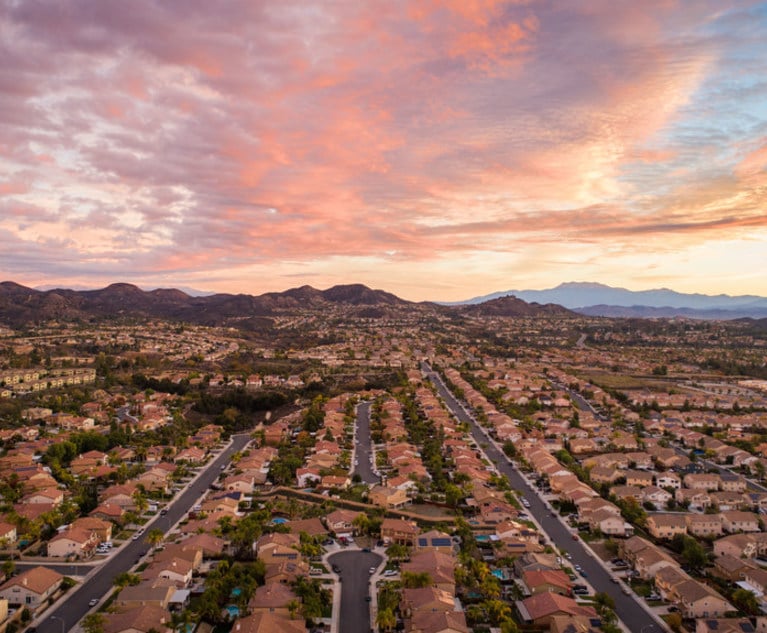 The emergency standard will take effect upon publication at the end of July and is set to expire within six months or upon expiration of the Governor's State of Emergency or the enactment of a permanent standard. (Credit: Shutterstock)
The emergency standard will take effect upon publication at the end of July and is set to expire within six months or upon expiration of the Governor's State of Emergency or the enactment of a permanent standard. (Credit: Shutterstock)
Virginia Occupational Safety and Health (VOSH), the state's version of the Occupational Safety and Health Administration (OSHA), will enforce a standard that mandates — and, in some instances, exceeds — guidance issued by the U.S. Centers for Disease Control and Prevention (CDC) and OSHA. The new standard covers most private employers in Virginia, as well as all state and local employees.
In addition to CDC and OSHA guidelines, the standard includes provisions that require employers to:
- Provide flexible sick-leave policies, telework, and staggered shifts when feasible;
- Provide both handwashing stations and hand sanitizer when feasible;
- Assess risk levels of employers and suppliers before entry;
- Notify the Virginia Department of Health of positive COVID-19 tests;
- Notify VOSH of three or more positive COVID-19 tests within a two-week period;
- Assess hazard levels of all job tasks;
- Provide COVID-19 training of all employees within 30 days (except for low-hazard places of employment);
- Prepare infectious disease preparedness and response plans within 60 days;
- Post or present agency-prepared COVID-19 information to all employees; and
- Maintain air handling systems in accordance with manufacturers' instructions and the American National Standards Institute (ANSI) and American Society of Heating, Refrigerating and Air-Conditioning Engineers (ASHRAE) standards.
The standard protects employees who raise reasonable concerns about infection control to print, online, social, or other media. It also requires building and facility owners to report positive COVID-19 tests to employer tenants. The standard exempts private and public institutions of higher education with reopening plans certified by the State Council of Higher Education in Virginia (SCHEV) and public school divisions that submit reopening plans to the Virginia Department of Education. No such exemptions are provided to private elementary and secondary schools.
Want to continue reading?
Become a Free PropertyCasualty360 Digital Reader
Your access to unlimited PropertyCasualty360 content isn’t changing.
Once you are an ALM digital member, you’ll receive:
- All PropertyCasualty360.com news coverage, best practices, and in-depth analysis.
- Educational webcasts, resources from industry leaders, and informative newsletters.
- Other award-winning websites including BenefitsPRO.com and ThinkAdvisor.com.
Already have an account? Sign In
© 2024 ALM Global, LLC, All Rights Reserved. Request academic re-use from www.copyright.com. All other uses, submit a request to [email protected]. For more information visit Asset & Logo Licensing.








